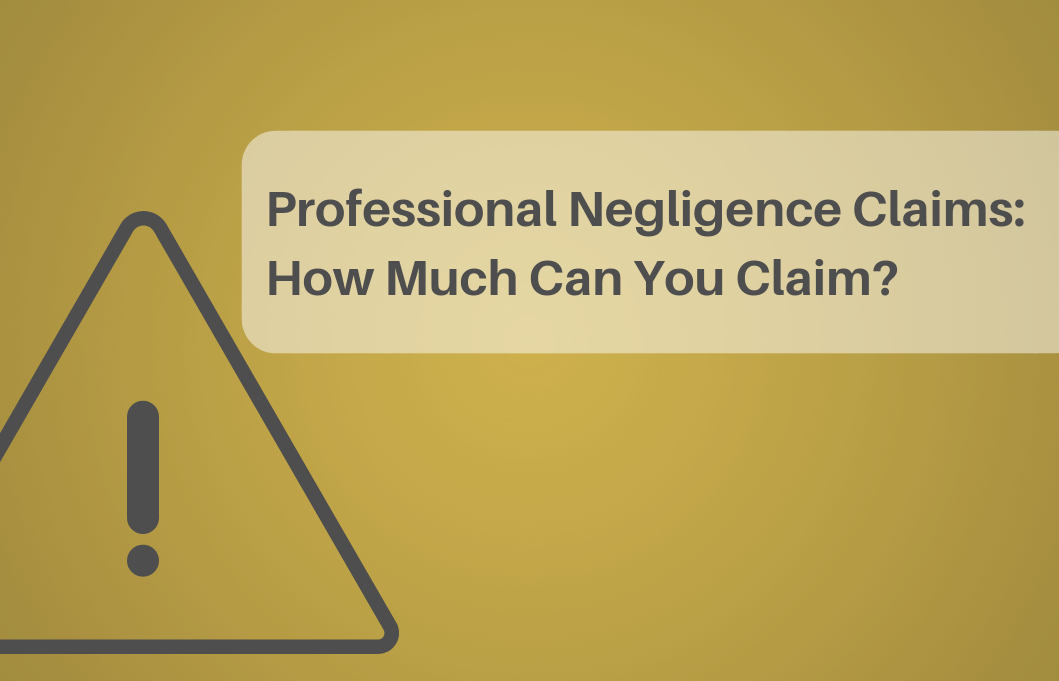Professional Negligence – how much can you claim?

The Supreme Court has made their ruling on the case of Tuita International Limited (in liquidation) v De Villiers Surveyors Limited [2017] UKSC77, which confirms how damages and pay-outs can be calculated in negligence claims against valuers.
This case has made its way up through the courts as both sides appealed decisions, but now the Supreme Court has made their ruling it can’t be taken any further. The Supreme Court is known as the “court of last resort” and it is the highest court in the UK. They focus on cases that raise points of law of general public importance, and cover all aspects of civil and criminal law (although the High Court of Justiciary is the highest criminal law court in Scotland).
By the time a case is heard at the Supreme Court it has been heard by multiple judges in the lower courts and the issue still hasn’t been resolved, so Supreme Court decisions are often complex and always interesting for how similar cases will be treated in the future.
Tuita v De Villiers deals with a dispute between Tuita, who loaned money to a borrower for a residential property development, and De Villiers, who provided a valuation of the development for Tuita. De Villiers’ report said that the development was worth £3.25m when it was incomplete and would be worth £4.9m when it was finished. Using this valuation, Tuita loaned the borrower £2.56m.
Tuita instructed De Villiers to revalue the development when the borrower asked to increase the loan. De Villiers valued it at £3.5m in its incomplete state and said that it would be worth £4.9m when it was finished. Based on this valuation, Tuita loaned the borrower an extra £289,000.
The borrower then defaulted on the second part of the loan and the development had to be sold, but the sale price did not cover Tuita’s loan. Tuita issued proceedings against De Villers, arguing that their second valuation was negligent and claiming for all their costs – almost £890,000.
De Villiers argued that the amount Tuita could claim was only £289,000 because that was what had been loaned relying on the second valuation, and Tuita had made no complaint about the first valuation.
De Villiers applied for summary judgment, where the case didn’t even need to be heard at a full trial because they were so confident that they’d win. They were successful, and the High Court judge limited Tuita’s entitlement to loss to the additional £289,000 they had loaned to the borrower. Loss is calculated on a “but for” basis, where the judge considers what position one party would be in if the other party had not been negligent.
Tuita took the claim to the Court of Appeal and, by a majority of 2 to 1, it was held that the first part of the loan had to be considered because the additional money was provided to allow the borrower to complete the development and repay the entire sum. Therefore, the “but for” test had not been applied properly and Tuita could claim for all its losses.
The case then progressed to the Supreme Court, who have unanimously ruled that the original decision whereby Tuita could only claim for the extra £289,000. They confirmed that the ordinary principal of damages is to restore the claimant to the position they would have been in if the defendant had not been negligent. Because Tuita had already entered into the loan for £2.56m before the second valuation took place they could not claim any money they had initially loaned.
By restating this principal of damages, the Supreme Court has helped to limit the scope of disputes about loss in professional negligence claims and, hopefully, will make it clearer for both claimants and defendants and future cases will be resolved straightforwardly.
Have you suffered loss through someone else’s professional negligence? Get in touch with the Bridge Law team with any questions, why not give us a ring on 0161 427 0084 or send an email to info@bridgelawsolicitors.co.uk.
